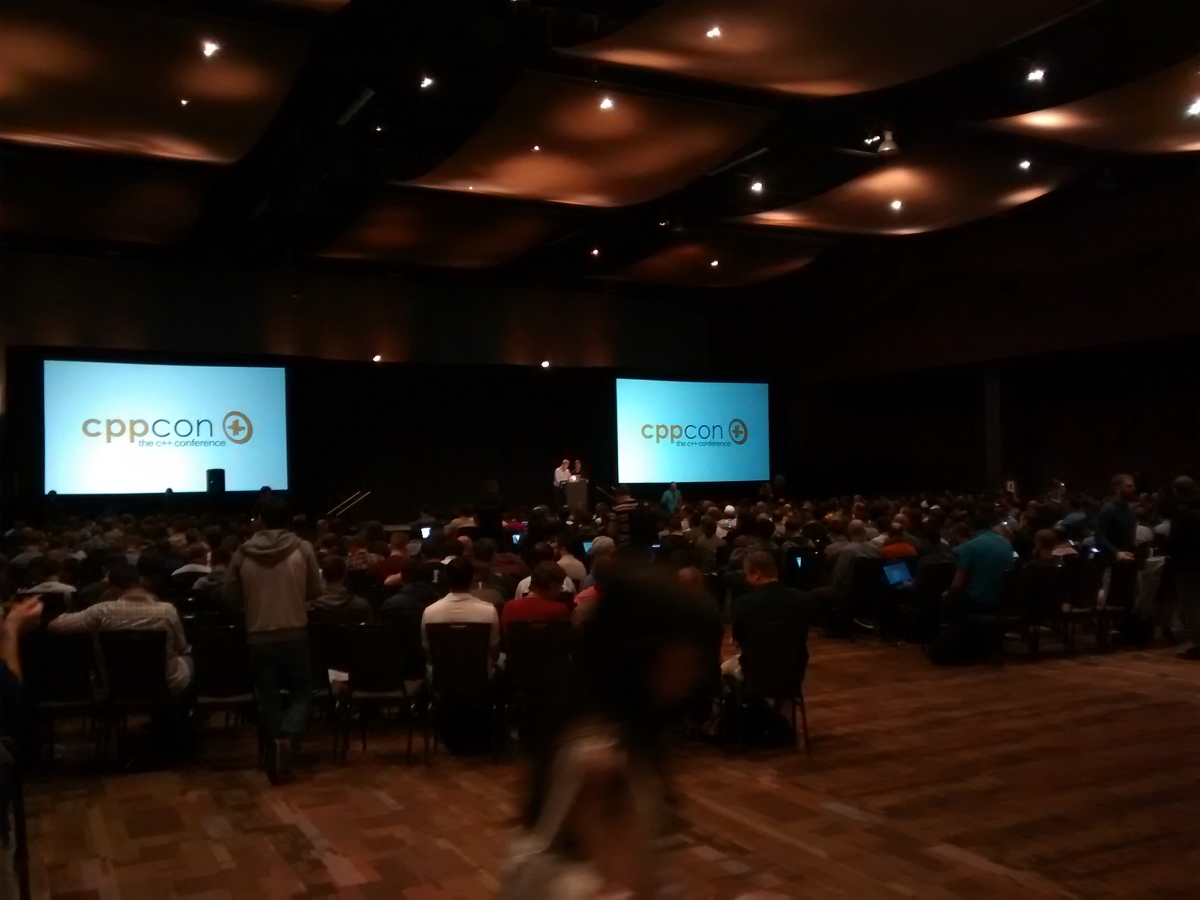In the previous post, I’ve blogged about how to remotely log in to a machine via Kerberos authentication, but the Kerberos server had to be reachable from the network, which in many cases means having to connect to a workplace’s VPN. In this post, I’ll describe how to do the same, but via an SSH tunnel, instead of VPN.
Password-free remote authentication using Kerberos
When connecting to machines at my workplace, we can’t use SSH public key authentication, so I was left with entering my password each time I open a terminal and connect to one of the servers via SSH. Since I do this quite regularly, it became a major annoyance. After a bit of digging, I found out through our IT support that I can use Kerberos (a network authentication protocol) to remotely authenticate. It sounded daunting at first, but is actually quite simple. I didn’t find a tutorial online that would describe exactly what I was looking for, so I thought this was worth writing up.
Hello world (again)!
I recently updated my website to WordPress. It will be much easier now to add and change content. Most of the old content is migrated to this new site, the missing things (publications/projects) will follow soon. A few download links might not work yet either, hopefully I can fix those soon too. And who knows, … Read more
CppCon 2015 trip report
Last week, I was lucky enough to attend CppCon 2015 in Bellevue, Seattle. CppCon is the largest C++ conference in the world, with over 700 attendees from industry, research institutes and universities, and 5-6 parallel tracks of talks. It was my first time attending and I also had to give a talk, so I was really excited!
C++Now 2015 trip report
In January, I applied to be a student volunteer at C++Now 2015, and I was very excited to be one of the few selected people. C++Now is organised by Boost and held annually in Aspen, Colorado, in the States. It’s a rather small conference (I believe we were around 150 people), and that’s one of the things that make the conference really fantastic. It was very lively and social and the environment created by all attendees was just great, be it during the talks, lunches or one of the other social sessions. If you’re curious about the talks at the conference and what else was happening, read on!
Serialising OpenCV matrices using Boost and cereal
I’ve recently switched from Boost Serialization to the cereal serialisation library in one of my projects and wanted to share my serialisation code for OpenCV matrices (cv::Mat) for both libraries since it might be useful for anybody using OpenCV and one of these two libraries.
Solving linear systems with Eigen (and OpenCV)
So I guess this post starts my blog. Welcome! 🙂
Over the past couple of days I was doing a few experiments with the Eigen linear algebra library, because the learning part of my supervised descent library was very slow. Inverting a 2000 x 2000 matrix took a few minutes, while Matlab did it in under a second. I ended up acquiring a bit of knowledge about Eigen and performing a few experiments I thought might be worth sharing.


